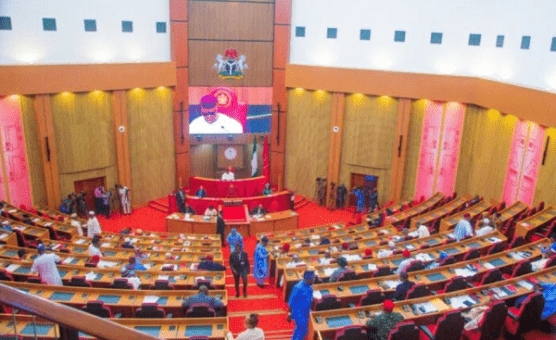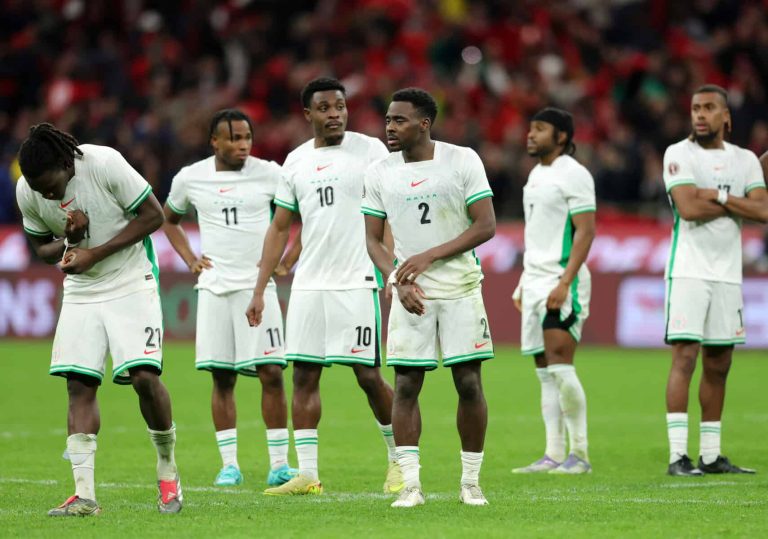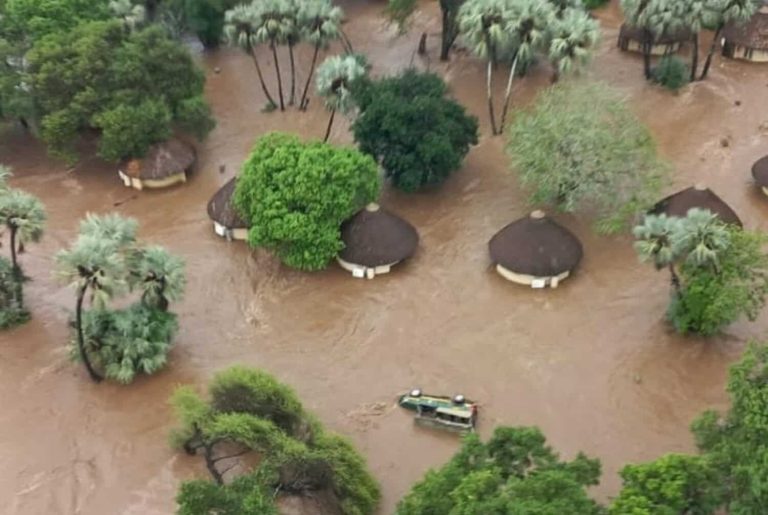
The Nigerian Senate has rejected what it described as misleading international narratives portraying the country’s security crisis as a Christian genocide, resolving instead to engage directly with the United States Congress to correct the record.
The resolution followed a motion sponsored by Senator Ali Ndume, which sparked an intense debate among lawmakers over growing international misconceptions about Nigeria’s internal security challenges.
The motion was prompted by recent discussions in the US Congress and Senate, as well as calls from certain advocacy groups urging Washington to designate Nigeria as a “Country of Particular Concern” over alleged religious persecution.
‘Narratives Misrepresent Complex Realities’
Lawmakers expressed deep concern that these allegations — though sometimes borne of genuine humanitarian concern — have distorted the complex nature of Nigeria’s insecurity, unfairly painting it in sectarian terms and damaging the nation’s global image and economy.
Senate President Godswill Akpabio proposed the establishment of an ad hoc committee to travel to the United States and engage directly with American legislators to provide clarity on the country’s multifaceted security situation.
“There are misconceptions that must be corrected,” Akpabio said.
“Nigeria is battling a complex terrorist threat. The violence affects both Christians and Muslims, and it’s crucial our counterparts in the US understand this.”
He also recommended that part of the discussion be held behind closed doors, with a smaller delegation mandated to handle the diplomatic engagement.
‘Terrorism Is Not Sectarian’
Supporting the motion, Senator Jimoh Ibrahim emphasized that Nigeria’s counterterrorism response must be driven by local knowledge and evidence, not by foreign interpretations or pressure.
He noted that the upcoming National Security Summit, recently approved by the Senate, would focus on developing home-grown strategies to address insecurity without relying on external assumptions.
The motion highlighted several examples to illustrate the non-sectarian nature of the violence plaguing the country.
It cited incidents such as:
July 2023 attacks in Plateau State, where predominantly Christian farming communities were targeted, leaving over 20 people dead.
August 2023 bandit raids in Katsina and Zamfara States, which resulted in dozens of deaths in predominantly Muslim villages.
Terrorist assaults in Borno and Kaduna States, where both churches and mosques were attacked indiscriminately, killing worshippers from both faiths.
These examples, the Senate noted, underscore that Nigeria’s insecurity is not rooted in religion, but in terrorism, banditry, and criminality.
Further Deliberations Ahead
Given the sensitivity of the issue, the Senate Leader moved to step down the motion temporarily for further legislative consultation in an executive session. The move would also allow for the final composition of the delegation to the United States.
The motion was seconded by Senator Abdul Ningi (Bauchi Central).
Lawmakers are expected to reconvene behind closed doors to finalize Nigeria’s diplomatic response, which will aim to engage US counterparts constructively and defend the country’s reputation against distorted international reports.



